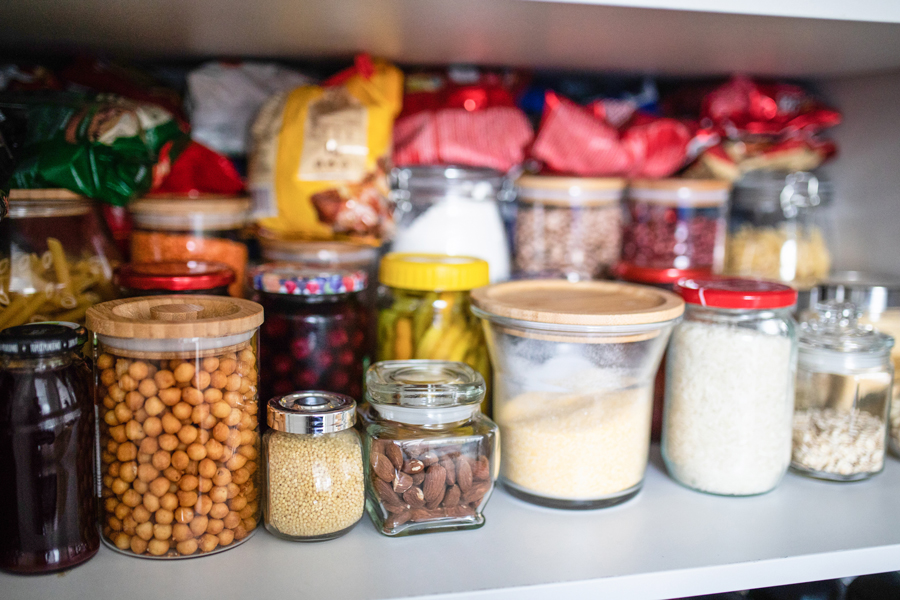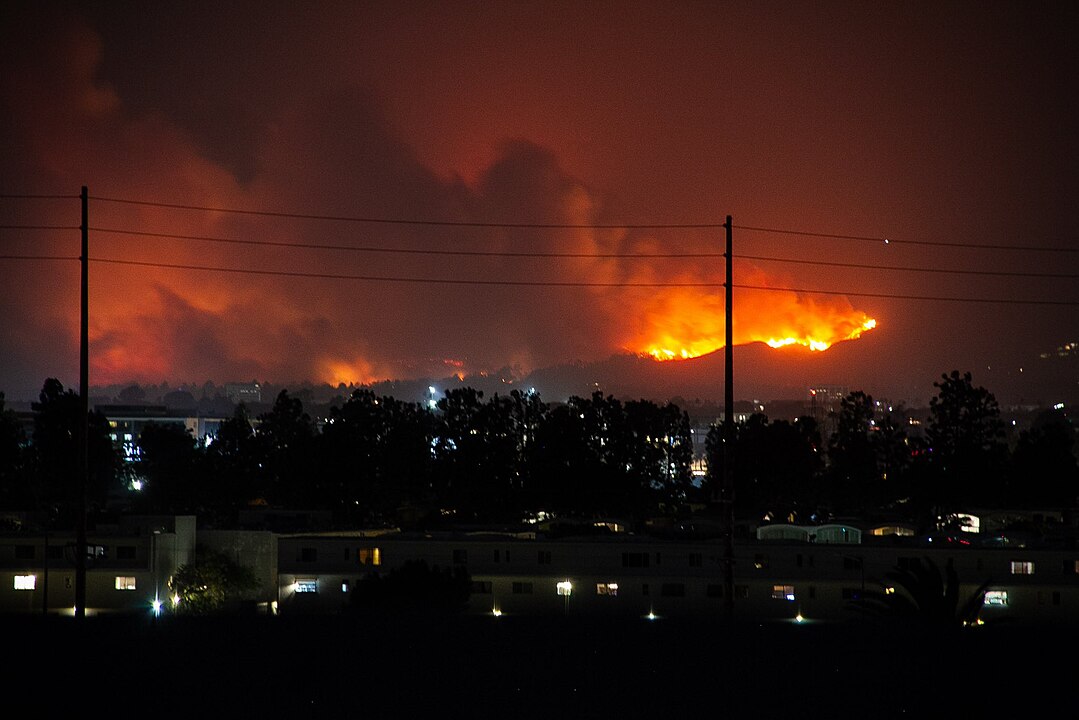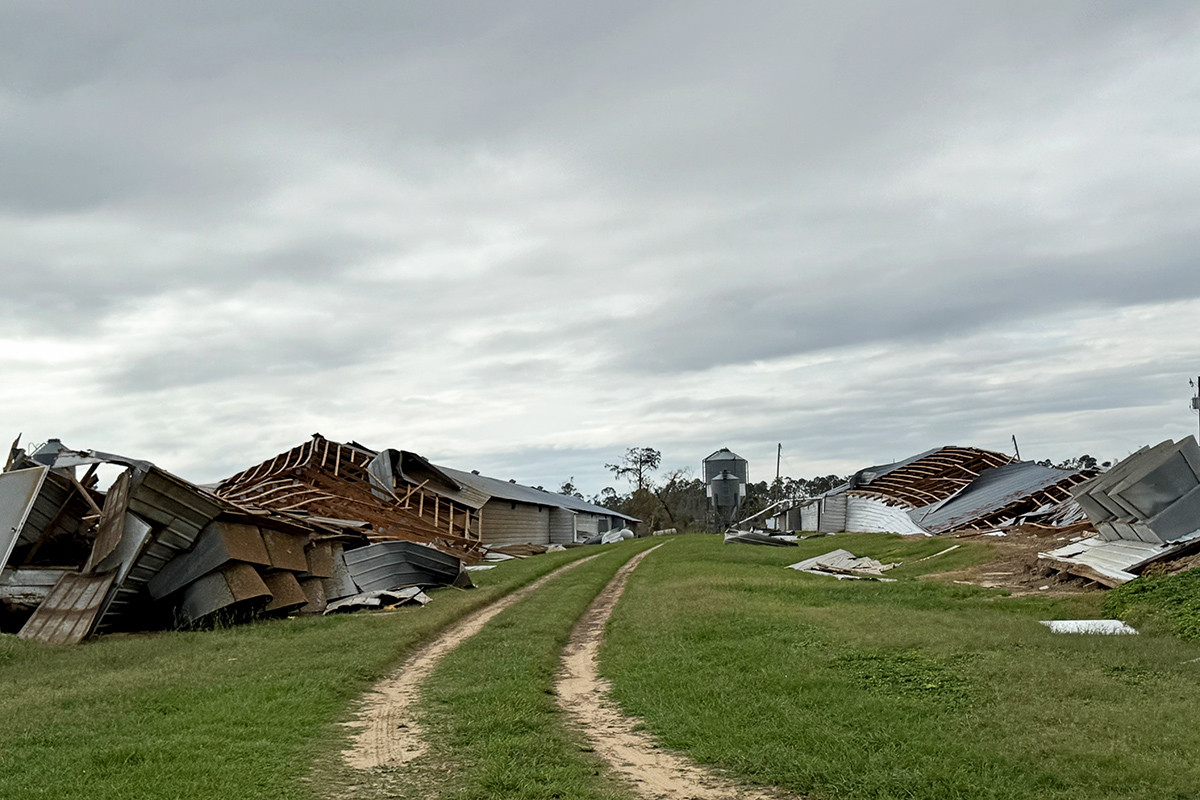Esta publicación también está disponible en español.
Disasters and unforeseen emergencies can strike without warning, leaving individuals and communities grappling with the sudden disruption of essential services, including access to food. While many emergencies—such as power outages or temporary disruptions in supply chains—may lead only to short-term food shortages, you can maintain your peace of mind and resilience by maintaining a well-prepared food supply for extended periods.
When circumstances result in a prolonged interruption of regular food access, having an emergency food supply that can last weeks or even months can be a lifeline, ensuring that you and your loved ones remain well-nourished during challenging times.








